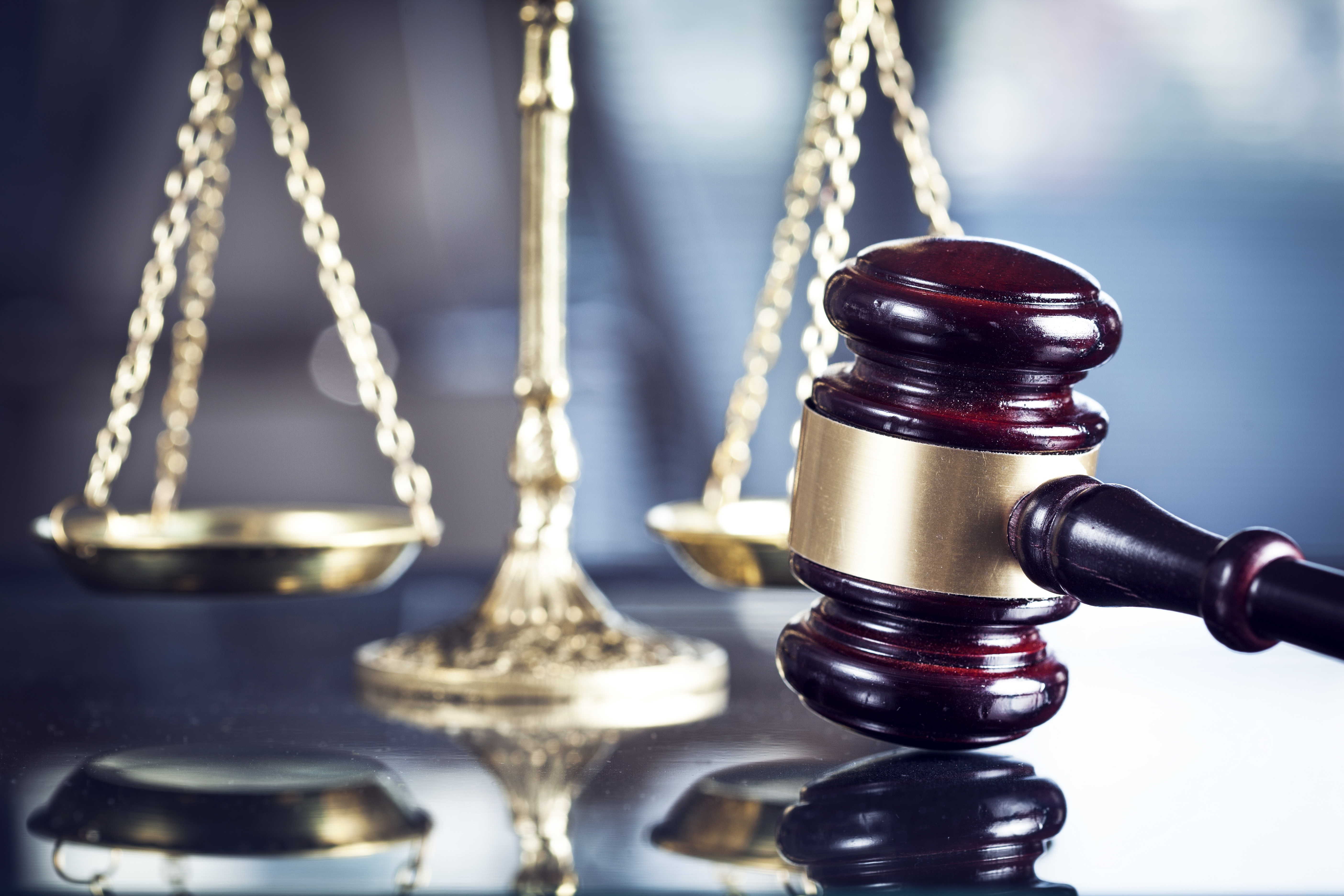Will I Lose my House in a Divorce?

If you are getting a divorce, there is a very good chance you and your spouse do not agree on its terms. When individuals feel they are entitled to more than their spouse is willing to give, they are in what is known as a “contested divorce.” Contested divorces usually go into litigation, which means that very often, both spouses’ assets may be up for grabs. These assets include a wide array of valuable possessions, which is why most spouses seek to avoid litigation, if at all possible.
However, if there is no way around litigation in your situation, you are most likely very worried about what will happen to your house. If you fear your house may go to your spouse, you must hire an experienced attorney and read on to learn more about your legal options going forward. Here are some of the questions you may have:
What is equitable distribution?
Essentially, equitable distribution is the process by which the courts will decide who gets what. Unfortunately, the word “equitable” has very little to do with the word “equal,” so your divorce will most likely not see an even, 50/50 split. Instead, the court will analyze several different factors to determine the fairest, most just division of assets. Unfortunately, no matter how hard the courts try to reach a sensible decision, one, or both spouses are very often left feeling dissatisfied with the results. This is why it is so important to have a seasoned attorney on your side from the very beginning.
Are houses considered marital or separate property?
The two primary types of property are marital and separate property. Marital property includes all assets accumulated during your marriage, while separate property generally involves assets acquired before or outside of your marriage, like gifts. Marital property is subject to equitable distribution, while separate property is usually exempt. Houses are almost always considered marital property, which means they, too, are subject to equitable distribution
How will the courts decide who gets what in a divorce?
New York courts analyze several aspects of your marriage and your overall financial situation when deciding how your assets shall be divided. For example, courts will consider you and your spouse’s age, the duration of your marriage, any child custody, child support, or spousal support agreements in place, whether you and your spouse can be financially independent, and more, before making their decision.
Do not leave the outcome of your divorce up to fate. Hire a knowledgeable attorney who will aggressively fight for your rights.
Contact our experienced Nassau County firm
The Pollack Law Firm, P.C., rated Nassau County’s “BEST” divorce lawyers and proudly serving clients in Nassau and Suffolk County for more than 22 years, is always available to assist and represent parties in divorce, separation and all other matrimonial and family law matters. Call today to schedule your complimentary case analysis: (516) 938-3330.
